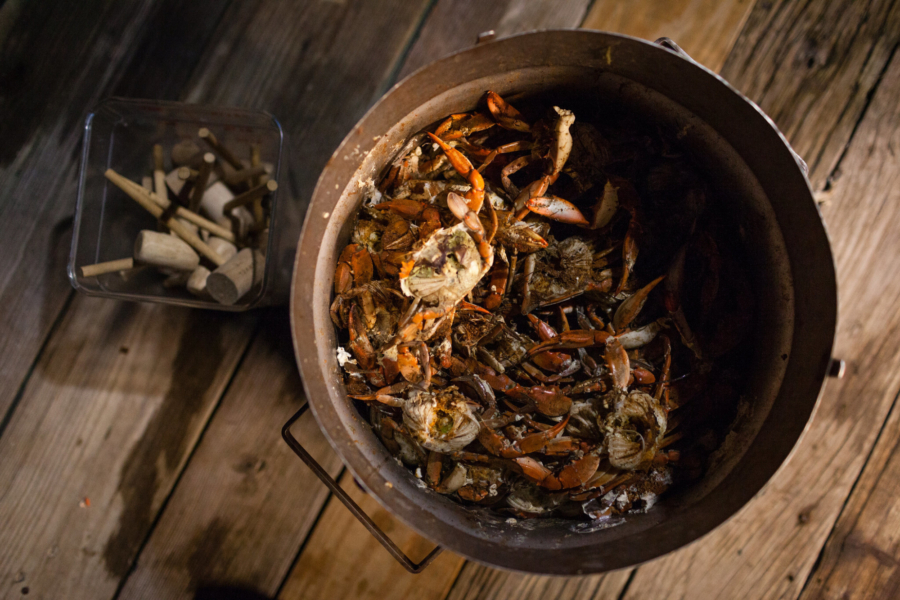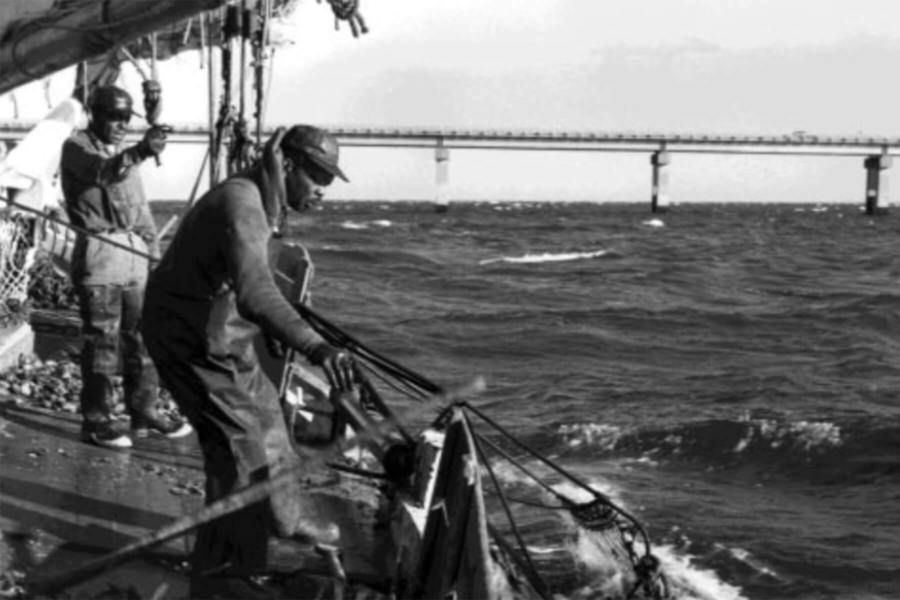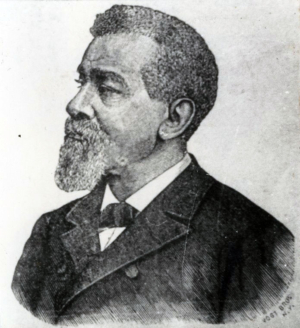Black chefs and restaurant owners carry on the Chesapeake’s seafood traditions
The influence of Black history has always been prevalent in the Chesapeake region’s seafood industry

For centuries, the Chesapeake Bay’s renowned seafood industry has been influenced by African Americans, who continue to push the profession forward to this day.
During a time when many Blacks were enslaved, the Chesapeake region was home to numerous free Black sailors, shipbuilders and oyster harvesters, since these were some of the few professions they were allowed to have. Many of these men were given "Seaman’s Protection Certificates," which identified them as American citizens, making them some of the first Black Americans to become citizens. After the Civil War, many African Americans returned to work on the Bay and support the budding seafood economy.
Around the same time, African American businessmen were also breaking into the processing and distribution side of the industry. Black entrepreneurs William Coulbourne and Frederick Jewett opened up the Coulbourne and Jewett Seafood Packing Company, which became the largest employer in St. Michaels, Maryland during the early 1900s. In the historically Black neighborhood of Bellevue, Maryland, African Americans were a majority of the workforce at the prominent seafood packing house W.H. Valliant Packing Co. Eventually, two major Black-owned seafood processing facilities were opened in Bellevue: W.A. Turner and Sons Packing Co. and the Bellevue Seafood Co.

In the 1820s, Chincoteague Island native Thomas Downing took his knowledge of and passion for Chesapeake Bay oysters and opened up a popular oyster cellar in New York City. The business quickly became one of the first high-end oyster restaurants favored by New York elites, and was even a stop on the Underground Railroad. Washington, D.C. native H. Franklin Hall became a successful seafood chef working in hotels in Philadelphia. He wrote a book in 1902 called "300 Ways to Cook and Serve Shellfish," which contained over a dozen recipes named in honor of Maryland, like Lobster Claws A La Maryland.

Today, many talented Black chefs and restaurateurs carry on the Chesapeake’s culinary traditions. Before becoming the owner of Rize + Rest Cafe in Baltimore, Randall Matthews was the executive chef at Ada’s On The River in Alexandria, Virginia, a restaurant known for its seafood dishes. In Washington, D.C., Jerome Grant became the inaugural executive chef of Sweet Home Café, the restaurant and dining experience housed in the Smithsonian’s National Museum of African American History and Culture. The cafe’s current executive chef, Ramin Coles, also cut his teeth cooking in Washington, D.C., restaurants.
In January 2025, the owner of Urban Oyster in Baltimore, Jasmine Norton, was nominated for the prestigious James Beard Award in the Best Chef in the Mid-Atlantic category. Norton was raised in Baltimore and grew up eating oysters with her family. As a self-taught chef, part of her goal at Urban Oyster is to introduce the food to people who have been hesitant to try it. Combining her love for oysters, food and her community, Norton has become the first Black female owner of an oyster bar in the United States.
Thanks to these inspiring chefs, the Chesapeake Bay’s seafood industry continues to be a major economic driver and a staple of the region’s culture. The industry would not be where it is without the many Black watermen, chefs and restaurant owners who brought their talents, expertise and stories to the table.

Comments
There are no comments.
Thank you!
Your comment has been received. Before it can be published, the comment will be reviewed by our team to ensure it adheres with our rules of engagement.
Back to recent stories